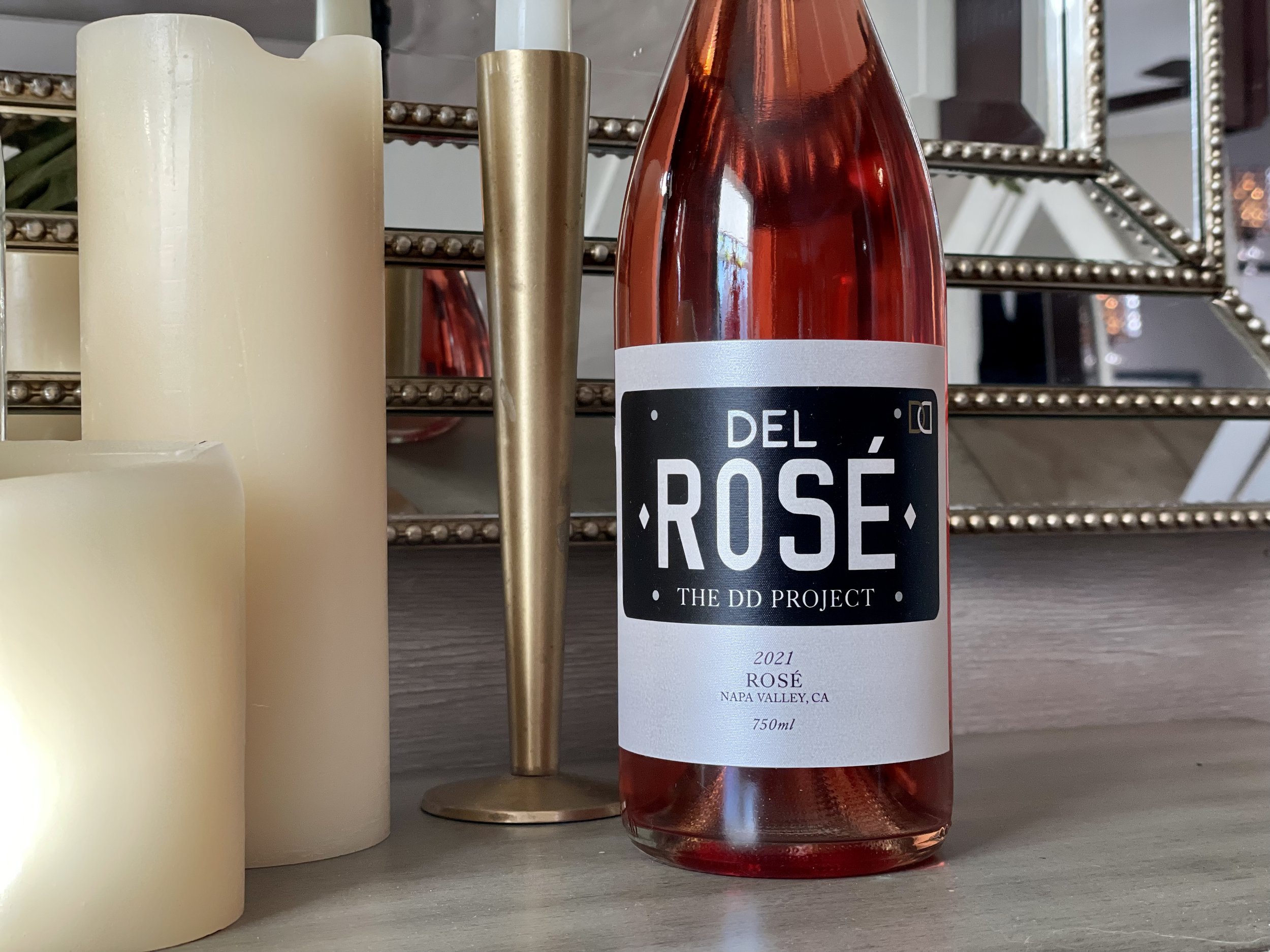All About Organic Wine
Food products that are certified organic by the USDA are commonplace in today's grocery stores. For many of us, shopping for food with this seal of approval is standard practice.
We know that the environment our food is grown in has an impact on our health and that certain practices can lead to harm to both our bodies and the planet.
But what about when we visit a farmer's market during the summer months? We purchase produce, meats, cheeses, and other items that don't necessarily hold organic certifications. We embrace the tradeoff of knowing these items are sourced locally and cultivated with care for the planet and consumers. We learn directly from the farmers about their unique approach to farming and sustainability in the microclimate they call home.
We understand the value of consuming fresh, seasonal ingredients grown close enough that they can arrive by truck on a weekly basis. Through conversations, we learn that many farmers do in fact incorporate organic practices in their daily work. In many cases, they take it further by adopting specialized sustainable farming practices unique to the climate and conditions of their property.
Even so, many of these farms are not certified organic. There are myriad reasons a rancher might choose to forgo organic certification. Generally speaking, it’s not about lack of care, understanding, or respect for the standards of organics. Instead, factors like the costly and time-consuming nature of proving their status take focus away from the daily obligations that they simply cannot spare.
Countless farmers are extremely proud of the work they do and they understand the importance of nurturing and preserving the earth so that future generations have the opportunity to carry on their legacy. Their values flow through everything they touch and they don’t feel they need a piece of paper to prove they are doing things the right way.
There are farms spread all around the world where people have been applying organic practices for generations, even centuries. Long before the concept of organic certification even existed, they intuitively understood the importance of protecting and preserving the land and the result it has on their harvests.
We’ll explore the topic of organics in viticulture (winegrowing) in two categories: Certified Organic and ‘Practicing’ Organic.
Certified Organic Viticulture & Wine
For a wine to become Certified Organic by the USDA, the entire production cycle is assessed from vineyard to bottle to ensure it meets the below criteria.
No synthetic pesticides or chemical herbicides are used at any point.
Only naturally occurring sulfites (up to 100 parts per million) are permitted, barring winemakers from adding additional sulfites during production.
The wines must be produced and bottled in a certified organic facility using 100% authorized cleaning agents and processes.
No GMOs, enzymes, or yeasts may be added.
Around the world, various organic certifying bodies exist, each with its own standards. If a wine is made using certified organic grapes but not in a certified winemaking facility, the label may read “made with organic grapes” but the official organic seal will not be issued.
I mentioned earlier that there are also considerable costs and time commitments involved with acquiring an organic certification. While the timeframe and investment vary in different parts of the world, the process generally takes at least three years and carries a financial burden of several thousand dollars.
Check out this article from Meininger’s International on The Price of Organic Conversion for more information.
‘Practicing’ Organic Viticulture & Wine
Another reason a winery might not choose to pursue an organic certification has to do with the unpredictability of Mother Nature. The success of a farm or vineyard depends on the cooperation of nature. Situations can arise that jeopardize the harvest. Too much moisture can result in mold and mildew challenges. Pests can take up residence and wreak havoc on vines and other crops.
When these conditions present themselves, farmers are faced with challenging decisions. Sometimes the issue can be resolved using only mildly invasive mitigation techniques. In other cases, the farm’s decision may come down to a choice between saving their harvest, which often represents their livelihood, and using other methods of resolving the issue.
This does not mean that a farmer who typically practices organic farming suddenly runs out and sprays chemicals and pesticides in the vineyard. It may, however, mean they take measures that could cause them to damage or even lose their organic certification if they had one. For them, the need for this autonomy in deciding what’s best for their land, family, and business is enough reason to skip the credentials.
The Wine Ship Podcast
Join Montana for an intro to the world of sustainable, organic, and biodynamic wine production! In this episode, she covers the big picture and need-to-know info on these categories.
Do you have questions about organic wines?
Drop them in the comments below and I’ll be sure to respond as soon as possible.
Cheers! - Montana















When I come across a sparkling wine that has it all, I have to share it. Handley Estate Vineyard Brut Rosé 2016 is a fine blend of Pinot Noir and Chardonnay made in the champagne method. The grapes are certified organic and the winery was founded by a trailblazer of a lady, Milla Handley back in the 1980s. A stunning sparkling rosé, this bottle comes to Denver through the distribution portfolio of Master Sommelier, Doug Krenik.